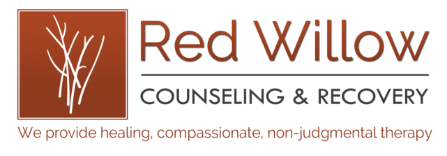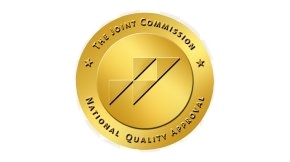
Obsessive Compulsive Disorder
Obsessive Compulsive Disorder is a mental illness that causes compulsions and obsessive behaviors that can make it hard to function on a day-to-day basis. The compulsions can make you complete tasks multiple times before moving on with your day or cause anxiety about having not done something before leaving your home.
OCD is often seen as wanting things to be neat, and in proper order, or worrying about locking your doors. This is not an accurate representation of what OCD is like on a daily basis for people who struggle with it.
Being obsessed with something is common in our daily language, but OCD is more all-consuming and will frequently trigger extreme anxiety.
What Are Obsessions And Compulsions?
Obsessions and compulsions are occurring side by side in those with OCD.
Obsessions are repeated thoughts, urges, or vivid mental images that cause anxiety. Obsessions can be about contamination, religious scrupulosity, perfectionism based, relationship obsessions, and more. Those with OCD find it hard to move on from their intrusive thoughts compared to other people.
Compulsions are repetitive and the person with OCD will have the urge to complete after an obsessive thought. Compulsions are more active based whereas obsessions are thought-based. Compulsions can look like washing your hands excessively, double-checking that you did something correctly, repeating something until a “safe” number, repeatedly tapping, or mentally reviewing the day to make sure you don’t cause harm.
Those with OCD feel driven to complete these tasks, but would rather not do them as they are time-consuming and torturous.
Who Can Suffer From OCD?
People of all ages and genders can experience OCD. It can start or develop from childhood into adulthood, but most people develop it in childhood. It is most common in children from 8-12 years old and about 1 in 100 adults currently have been diagnosed with OCD in the United States.
Each person who experiences this mental illness will experience different compulsions and obsessions and will deal with their struggles differently. The types of obsessions you experience can also change over time or become more severe when you experience life changes. This is considered a lifelong disease and your symptoms can become less severe or more severe depending on what you are going through or how you manage the stress in your day-to-day life. At times those with OCD may look and act more “normal” on a daily basis, but down the road, it may become more debilitating.
Behavior Therapy And Teletherapy For OCD
Cognitive behavioral therapy is one of the most involved therapy practices for those with OCD. This involves breaking down your problems and talking about physical actions, thoughts, and how to manage them. The therapist will also help you face your fears and neutralize compulsive behaviors.
Medication is available for those with OCD, and the most common type is an antidepressant or SSRI (selective serotonin reuptake inhibitors). Taking medication will take a few weeks to start to affect you. This means that testing medication may be a long process, as it can take 12 weeks before you start to see results. A doctor will need to prescribe medication and help you adjust the dose if it is not helping your symptoms.
Those who are not finding relief from therapy or medication may be referred to an OCD specialist. There are also OCD support groups that can help offer validation, reduce feelings of isolation, or give you advice.
Red Willow Counseling and Rehabilitation knows that each individual will react differently to therapy treatment. No matter what symptoms or mental illness you are experiencing, our team will work with you to find a treatment that works best for you.




